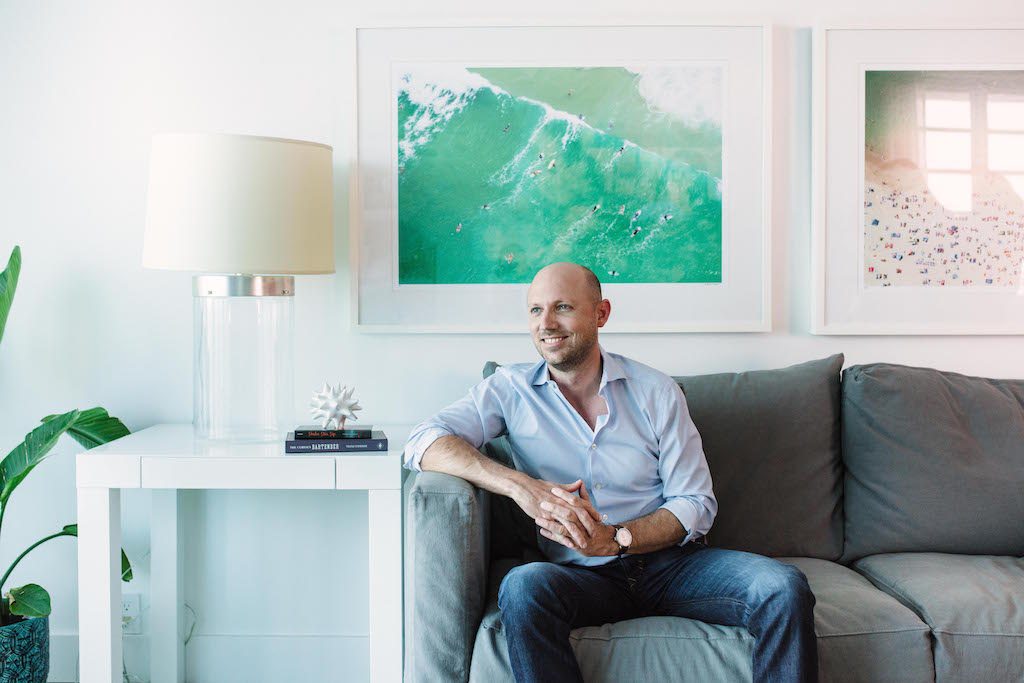Oasis CEO: Expect More Consolidation, Disruption From Alternative Accommodations

Skift Take
Will Oasis and other alternative accommodations players' arguably steadier, slower, and more curated approaches to scale pay off in the long term? Or will the speed and scale of bigger players like Airbnb win out in the end?
Have alternative accommodations reached a saturation point at which they're no longer considered "alternative"?
While that's certainly up for debate, it's also clear that this particular part of the lodging business, while still relatively young, is beginning to mature and to evolve.
Giants like Airbnb are branching out into other tangential businesses like tours and activities and, perhaps, even flights. Major companies like AccorHotels are investing in home sharing and vacation rental businesses themselves, buying onefinestay and soon, Travel Keys, a luxury vacation rental platform.
And if you speak to Parker Stanberry, CEO of Oasis (formerly known as Oasis Collections), we should expect to see much more consolidation going forward.
"There will be some consolidation," Stanberry told Skift. "We bought a couple of smaller local players. We bought a company in Buenos Aires three years ago. We bought a company in Sao Paulo six months ago. These were strong, I'd say, local versions of Oasis. [It gives us the] ability to sort of drive value by adding those local players to our marketplace. Just leveraging our platform and our expertise and our distribution channels to apply them to that inventory that these people have meticulously built over time, that's something I think we can go do or a bigger player could also come in and buy companies like Oasis itself and a few other people and sort of put it all together."
Last year, AccorHotels took a 30-percent stake in Oasis, which markets itself as "home meets hotel." Last month, Oasis raised $2.5 million from an undisclosed investor, and it now has more than 2,000 properties in 22 cities worldwide.
For now, the company is content pursuing a strategy of targeted growth, even as the marketplace is increasingly more crowded and more competitive.
"The core is more about slower growth based upon quality of experience, curation, really kind of nailing the model and nailing the experience." Stanberry said. "I want us to be a global brand and a global leader and that requires some sense of scale. But to me, scale is, you know, 70 to 80 key destinations, or 300 to 500 properties per city. So you're talking about a you know, 15,000- or 20,000-properties kind of platform. That's real scale but it's still not as big as a 3-million listings platform where you're just never going to be able to create a uniform experience, right? So I think it's experience first for us, experience and curation and then scale
